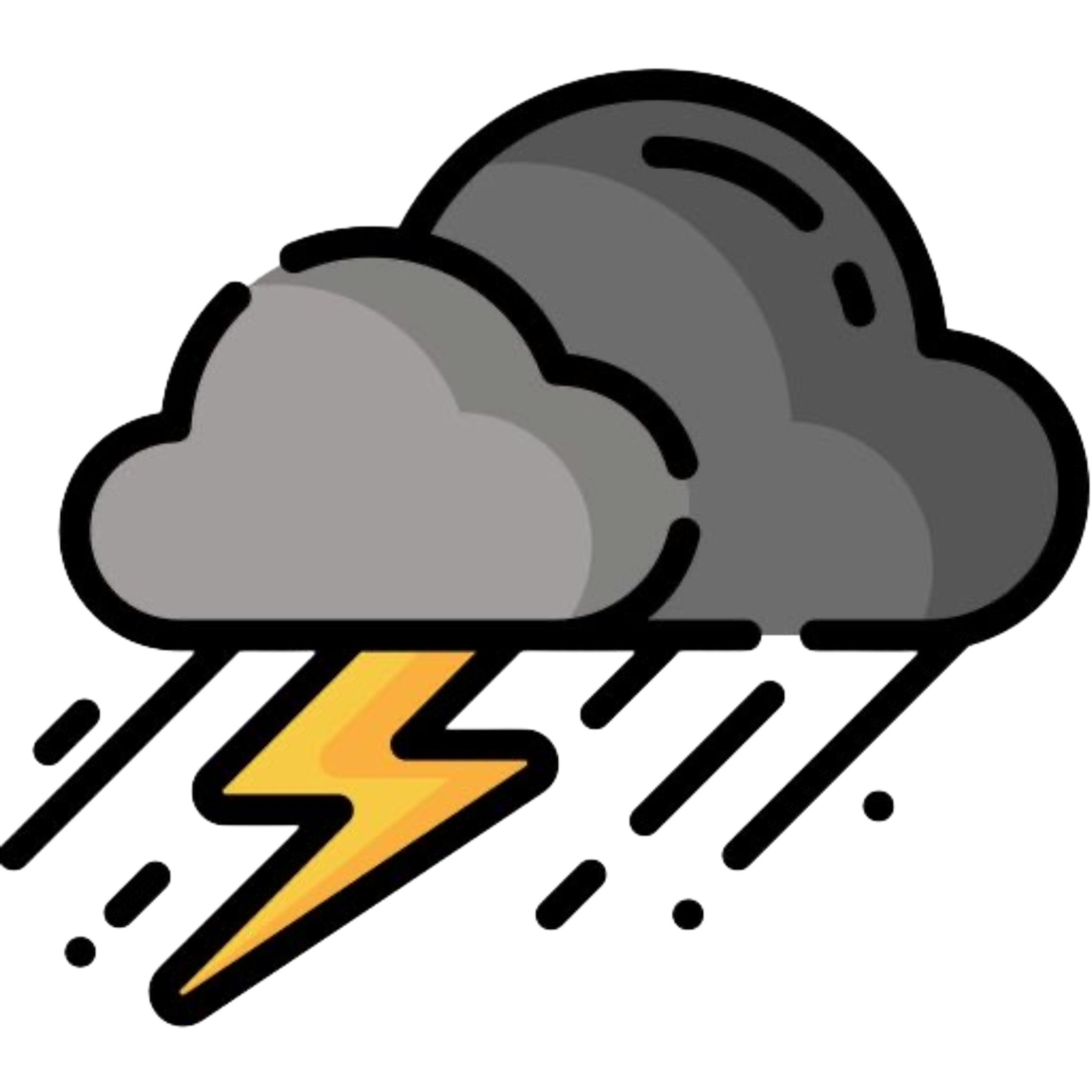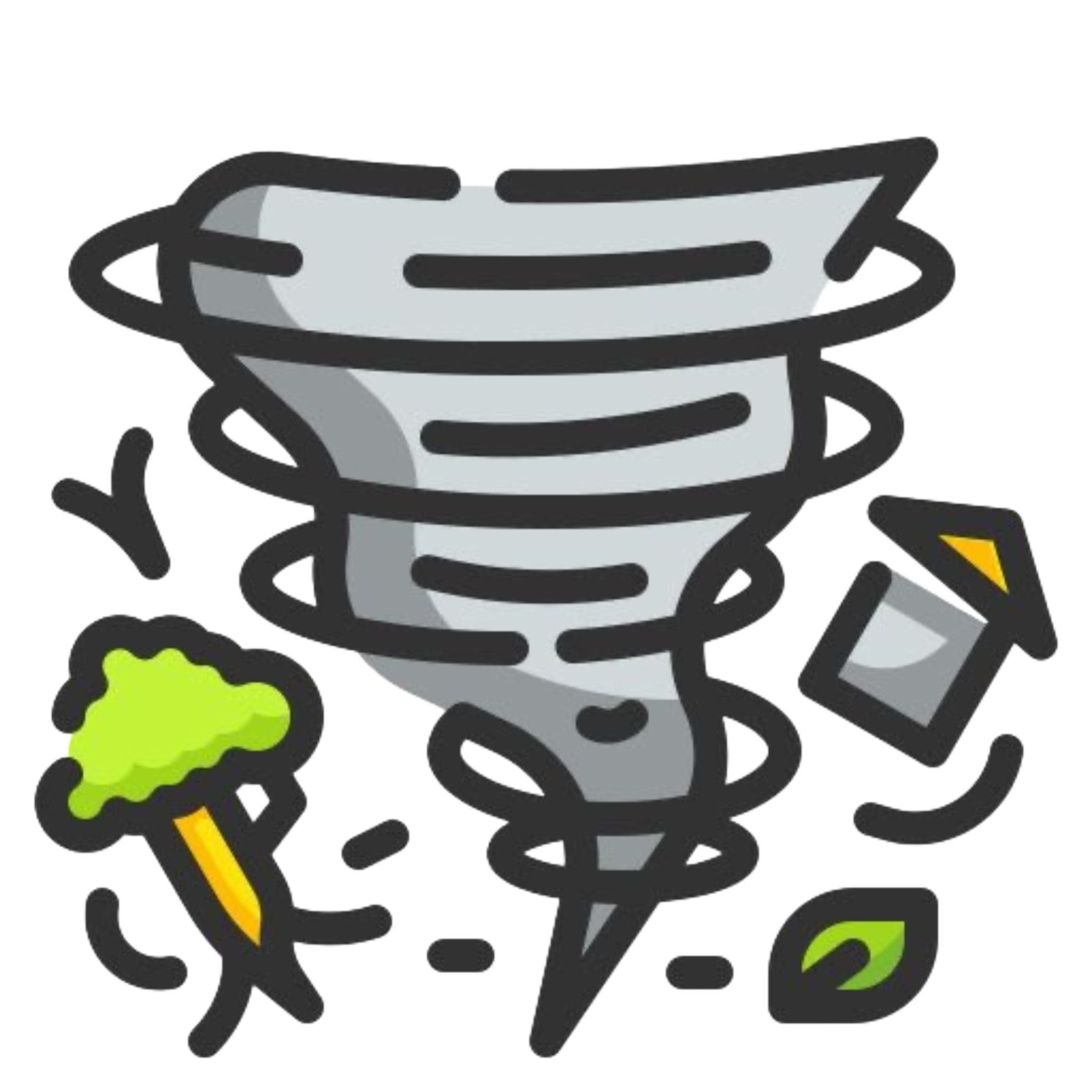The Arena of Thoughts
A place where curiosity meets reflection — tracing how questions once asked in childhood evolved into the ways I think, decide, and grow today.
A place where curiosity meets reflection — tracing how questions once asked in childhood evolved into the ways I think, decide, and grow today.
When I was in elementary school, every time I watched the weather forecast at 5:45 pm, I was always curious about how the TV could “know” whether it would rain or shine tomorrow. I used to sit and watch, trying to figure out how they could say that with such certainty. After some research online, I finally learned that it was the result of collecting and analyzing various types of data such as temperature, pressure, and wind speed to make a judgment. At that time, I felt like I had just been exposed to another world where numbers could predict the future. From then on, I became fascinated by the idea that people could use numbers to understand and predict the world around them. I realized that statistics was not just about calculation, but how we could turn randomness into understanding, and the unforeseen into imaginable.




I have always been fascinated by games where every choice has strategic value. That love started when I watched the movie 21 and understood that blackjack is not only about luck, but also about probability and decision making. From there, I realized that in any system, whether it is a game or a real life, understanding the rules and optimizing choices can change the outcome. So I found the same interest in board games like Catan or Splendor, where players have to calculate risks, resources and timing. But what has kept me engaged with game theory for a long time is its ability to apply it beyond the table: from negotiating, working in groups, to investing and making decisions in life. I learned that winning comes not only from having the best strategy, but also from understanding how others think, react and choose.